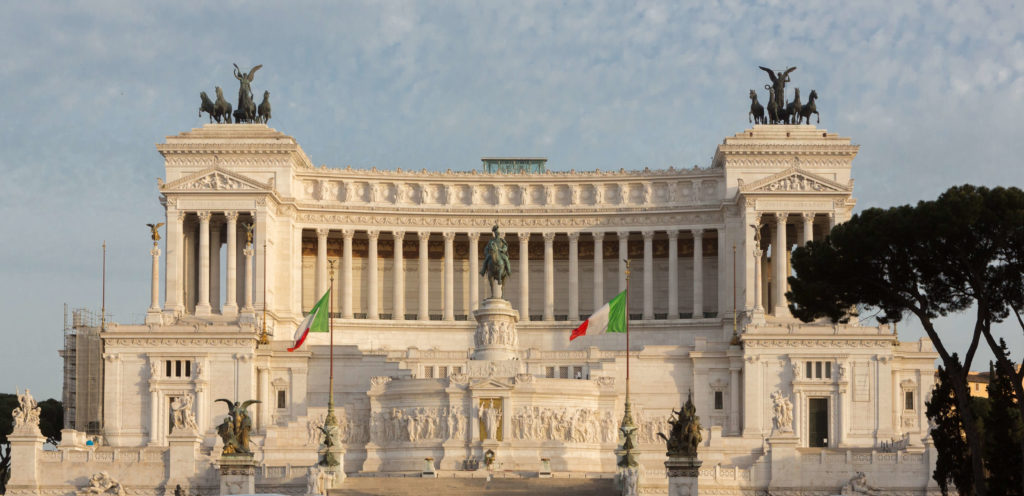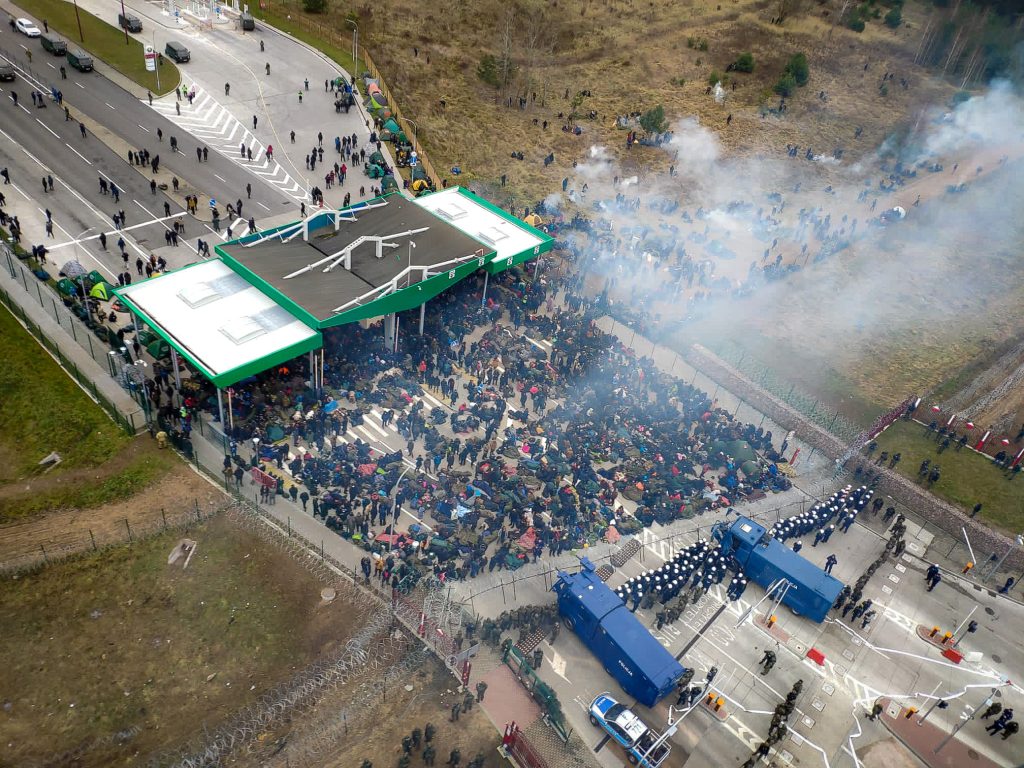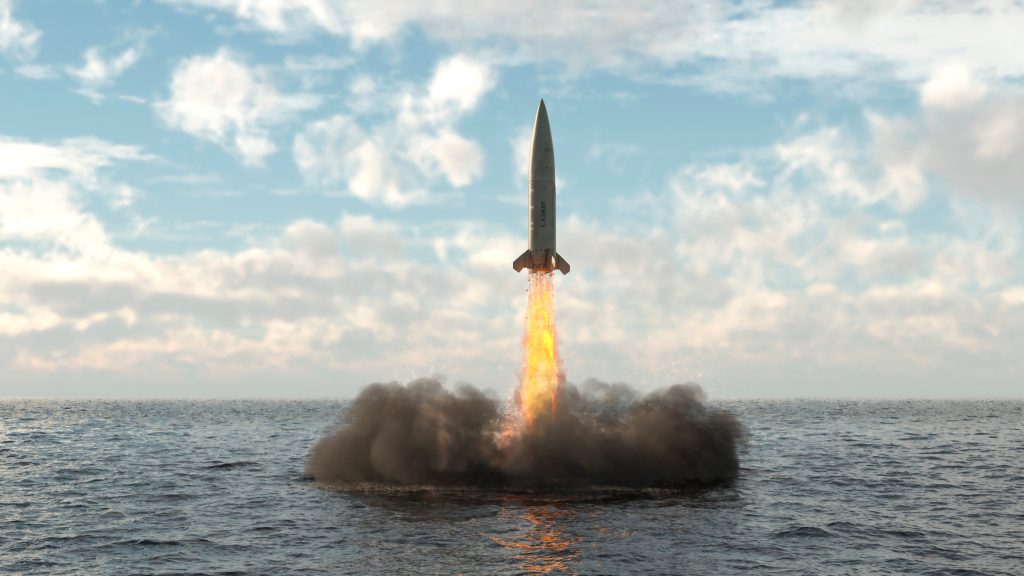Home > Iran a new partner of the Sino-Russian alliance against the West
Dushanbe, capital of Tajikistan, 2021. The member countries of the SCO (Shanghai Cooperation Organisation) have accepted Iran's membership[1]. As the ninth member state of the military organisation, which includes not only Russia and China, but also India, Pakistan and the countries of Central Asia (with the exception of Turkmenistan and Afghanistan), Iran increases its position and that of the Sino-Russian alliance in the Middle East[2]. In addition, Iran is one of the transit countries of the new Silk Roads, which link China to Europe via Central Asia, Russia and the Middle East[3]. Secondly, Iran had recently participated in several naval exercises in the Indian Ocean with Russia and China[4].
The current Western sanctions on Iran have strengthened Tehran's relations with Asia, to the detriment of European countries that are still working to maintain relations with Iran[5]. Unlike the United States and Canada, European countries still have diplomatic missions in Tehran and have not completely severed their trade relations, despite the extraterritorial nature of the US sanctions[6]. The recent establishment of the INSTEX mechanism by France, Germany and Great Britain is proof of this[7]. Several European countries, including the Benelux countries, Scandinavia and Finland, later joined the mechanism[8].
However, Russia, China and Iran have increased their partnerships, not only military but also economic[9]. Indeed, membership of the SCO also allows Iran to have access to the markets of other member countries and to maintain its energy position in Asia[10]. The SCO countries constitute "not less than 50 % of the world's population and more than 20 % of the world's GDP".[11]. Like the economic partnerships with China[12]Iran has already signed a free trade treaty with the Eurasian Economic Union, comprising Russia, Belarus and Kazakhstan, as well as Armenia and Kyrgyzstan[13]. According to statistics, China remains Iran's largest trading partner (24.8% of total trade for the year 2019-2020)[14]. With regard to trade between Iran and the five countries of the Eurasian Economic Union (EEU), the Iranian authorities have noted an increase of 14% in the first seven months of the year 2020, with a total volume of at least 7 million tonnes and a total value of around $2.5 billion[15].
Despite the American and European sanctions, Iranian oil exports have not stopped and the efforts of the Gulf Arab countries (Saudi Arabia) to compensate for the effects of the Western sanctions on oil imports in certain countries by increasing oil production have encountered numerous limits and obstacles, such as the consequences of the Yemeni conflict on the security of oil infrastructures (sabotage, drone attacks)[16]. Even Qatar had maintained its relations with Iran during the 2017-2021 embargo, for energy and strategic reasons (gas fields in the Gulf shared with Iran, borders with neighbouring Arab countries closed)[17].
Finally, in response to the American military deployment in Asia and Europe, Russia and China see Iran as a new partner to keep a zone of influence against their Western rivals (United States, NATO,...), as well as to protect their common allies (the case of Syria)[18]. Iran's membership of the SCO only confirms a Russia-China-Iran alliance that will impose itself militarily and economically against the West, not only in the Gulf, but also in the Indian Ocean, the China Sea and even in Europe.
© 2022 All rights reserved by BRAUN



